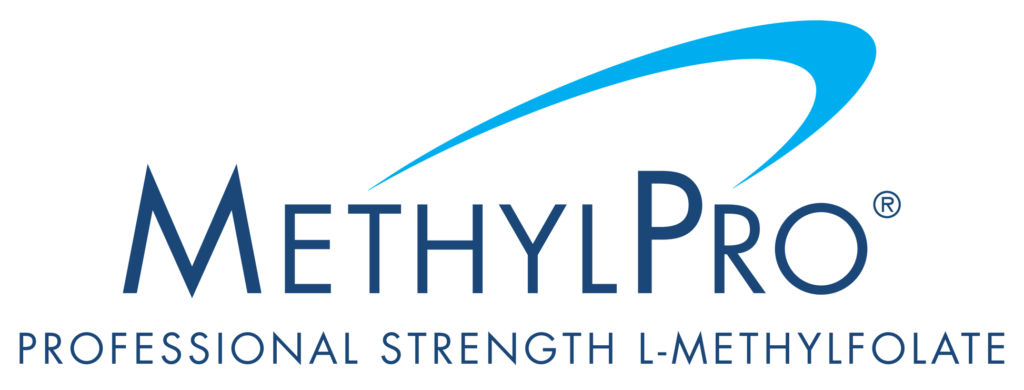In the world of holistic wellness and functional medicine, understanding omega-3 benefits is crucial for enhancing brain function and mood regulation. Omega-3 fatty acids, have been extensively studied for their significant impact on cognitive health and emotional well-being. This post explores the science behind omega-3 supplements and their profound benefits for brain function and mood.
What Are Omega-3 Fatty Acids?
Omega-3 fatty acids are essential polyunsaturated fats. This means you have to get them from your diet and cannot make them internally. They are vital for various bodily functions. The three main types of omega-3s include:
- Eicosapentaenoic acid (EPA)
- Docosahexaenoic acid (DHA)
- Alpha-linolenic acid (ALA)
EPA and DHA, found in fatty fish like salmon and mackerel, are the most beneficial for brain health. ALA, found in plant sources like flaxseeds and walnuts, needs to be converted into EPA and DHA in the body. This process is not very efficient [1].
Omega-3 Benefits for Brain Function
The brain is composed of nearly 60% fat, with DHA being a major structural component. Here’s how omega-3s benefit brain function:
- Structural Integrity: DHA is integral to the structure of cell membranes in the brain, promoting fluidity and communication between neurons. This structural role is critical for maintaining cognitive functions like memory and learning [2].
- Neurotransmitter Function: Omega-3s regulate the signaling of neurotransmitters, the chemicals responsible for transmitting signals in the brain. This includes dopamine and serotonin, which are essential for mood regulation and cognitive processes [3].
- Neuroprotection: Omega-3 fatty acids are also powerful for balancing inflammation and protecting the brain from damage. They also support neuroplasticity—the brain’s ability to form new connections and adapt throughout life [3].
Omega-3 Benefits for Mood Regulation
Mental health issues, such as periods of low mood and excessive worry, have a link to imbalanced levels of inflammation and neurotransmitters. Areas where omega-3s can have a significant impact.
- Balancing Inflammation: Omega-3s can mitigate the production of inflammatory cytokines, which are markers in the development of mood challenges and depressive behaviors [4].
- Enhancing Neurotransmitter Signaling: EPA and DHA (especially) support the production of serotonin and dopamine, neurotransmitters that play key roles in mood stabilization and feelings of well-being [5]. They also play a role in the release and receptor signaling of these molecules, which contributes to overall increase in neurotransmitter signals for an improved mood [5].
- Clinical Evidence: Numerous studies have shown that omega-3 supplementation can reduce the physical and emotional manifestations of a mood imbalance. For example, a meta-analysis published in JAMA Network Open found that omega-3 supplements, particularly those with higher EPA content, were effective in reducing symptoms of major health challenges associated with mood [6].
How to Incorporate Omega-3 Benefits into Your Routine
To reap the brain-boosting and mood-enhancing benefits of omega-3s, consider the following tips:
- Dietary Sources: Include fatty fish like salmon, mackerel, and sardines in your diet at least twice a week. Plant-based sources like flaxseeds, chia seeds, and walnuts are also beneficial, though less potent.
- Supplementation: If dietary intake is insufficient, high-quality fish oil supplements, like MethylPro’s Omega-3, can provide a reliable source of EPA and DHA. Our supplements are third-party tested for purity and potency to ensure you’re getting the best quality version of what is stated on the label.
- Dosage: The optimal dosage of omega-3 supplements can vary, but the research supports a ratio between 1:1 and 1:2 DHA to EPA, and a range of 200-2000 mg total omega-3s per day depending on the severity of mood support needed [7]. Our Omega-3 supplement provides 340 mg DHA and 450 mg EPA, and daily capsule dosing can be a decision made under the guidance of a healthcare provider.
Final Thoughts
The benefits of omega-3 fatty acids are essential for maintaining optimal brain function and emotional well-being. By supporting neuronal structure, balancing inflammation, and enhancing neurotransmitter signaling, omega-3s can help boost cognitive performance and stabilize mood. Whether through diet or supplementation, ensuring an adequate intake of these vital fats is a powerful step towards better mental health and overall wellness.
For those interested in holistic wellness and functional medicine, incorporating omega-3 supplements like our Omega-3 offering can be a valuable addition to your health regimen. Always consult with a healthcare provider to determine the best approach for your individual needs.
By understanding and utilizing the benefits of omega-3s, you can take proactive steps to support your brain health and improve your mood, leading to a healthier and happier life.
References
- https://www.mdpi.com/1420-3049/27/14/4471
- https://www.nature.com/articles/s41467-020-19255-1
- https://www.frontiersin.org/journals/psychiatry/articles/10.3389/fpsyt.2022.933704/full
- https://www.frontiersin.org/journals/psychiatry/articles/10.3389/fpsyt.2020.00122/full?ref=tome-control-de-su-salud
- https://www.ncbi.nlm.nih.gov/pmc/articles/PMC3792211/#:~:text=It%20mediates%20its%20molecular%20and,Oster%20and%20Pillot%2C%202010).
- https://jamanetwork.com/journals/jamanetworkopen/fullarticle/2702216
- https://synapse.koreamed.org/articles/1147204

